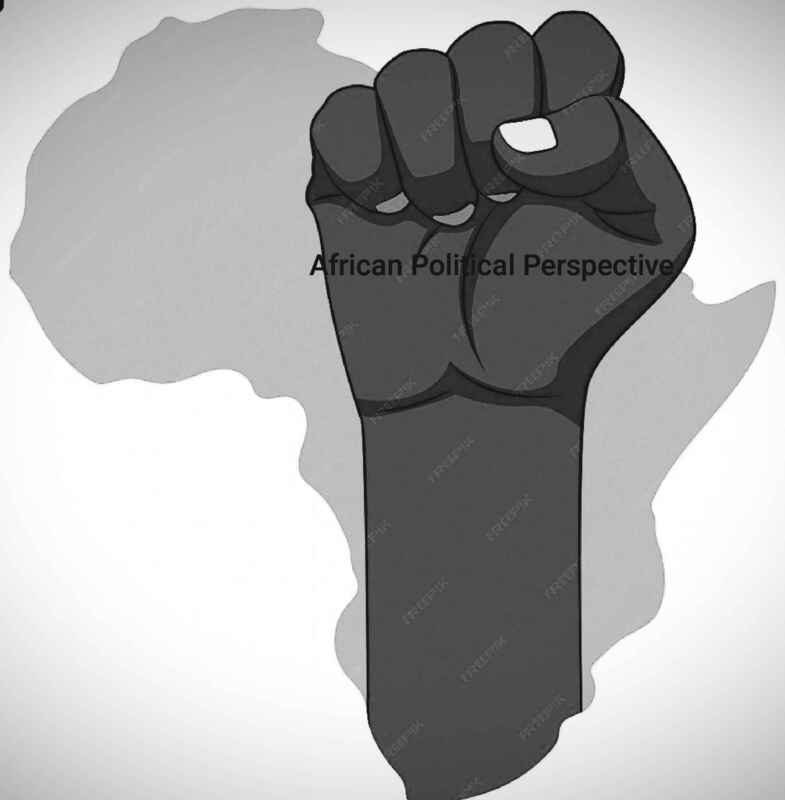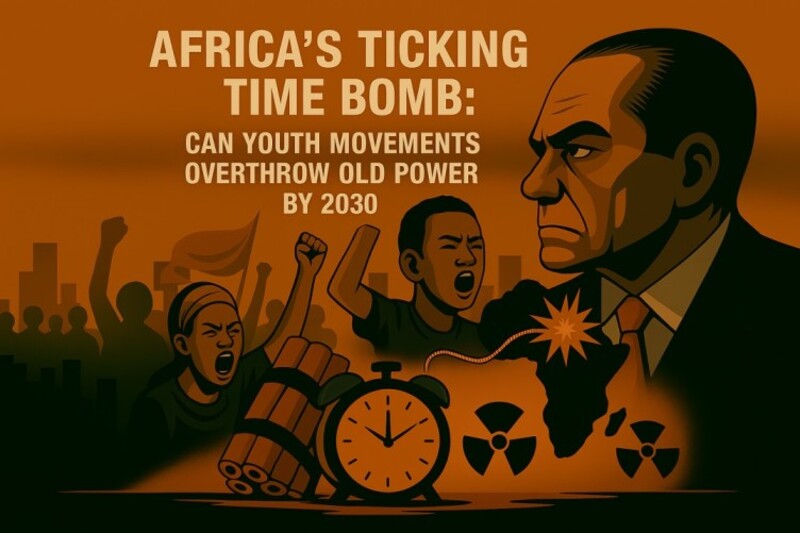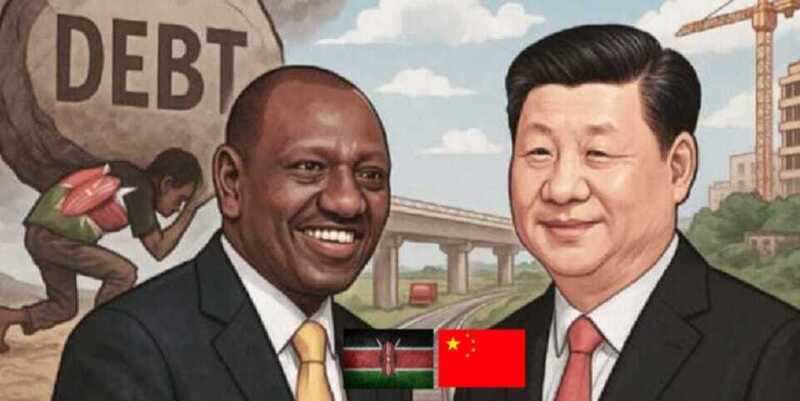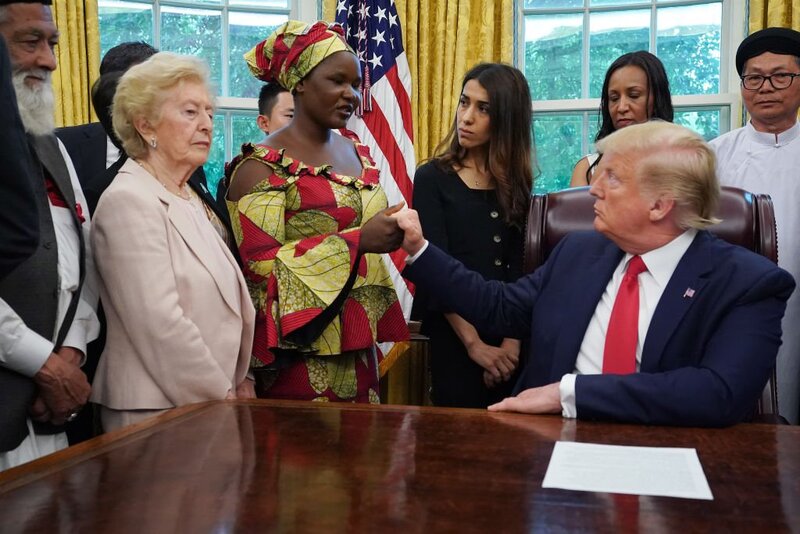 A representation of Africa fighting for its rights through political systems. Image: Pixabay/Freepik
A representation of Africa fighting for its rights through political systems. Image: Pixabay/Freepik
The Evolution Of African Politics: Past, Present, And Future
Africa
Politics
African politics traces its origins to its pre-colonial history, where diverse systems of governance flourished. Societies were organized into centralized kingdoms, such as the Zulu and Ashanti empires, and decentralized tribal structures. These systems were often governed by traditional leaders, councils, and communal decision-making processes that reflected the distinct cultural and social contexts of each region.
Impact of Colonialism on African Governance (Late 19th Century)
The colonial era, which began in the late 19th century, brought significant disruption to Africa's traditional political systems. European powers imposed arbitrary borders, exploited resources, and established authoritarian administrative structures that served colonial interests. These changes left a legacy of fragmented institutions, ethnic divisions, and economies heavily reliant on external forces, shaping the continent's post-independence challenges.
The Struggle for Independence and Post-Colonial Challenges (1950s–1980s)
The mid-20th century marked a turning point as African nations fought for independence. While the transition to self-rule brought hope, it was often accompanied by power struggles and ideological conflicts. During the post-independence period (1950s–1980s), many countries adopted socialist or capitalist models influenced by Cold War dynamics. However, weak institutions, widespread authoritarianism, and economic mismanagement led to turmoil. Military coups became prevalent, with leaders like Mobutu Sese Seko in Zaire and Idi Amin in Uganda symbolizing the era's excesses.
The One-Party State Era Many African nations adopted one-party state systems to consolidate power and suppress political dissent. Examples include:
Impact of Colonialism on African Governance (Late 19th Century)
The colonial era, which began in the late 19th century, brought significant disruption to Africa's traditional political systems. European powers imposed arbitrary borders, exploited resources, and established authoritarian administrative structures that served colonial interests. These changes left a legacy of fragmented institutions, ethnic divisions, and economies heavily reliant on external forces, shaping the continent's post-independence challenges.
The Struggle for Independence and Post-Colonial Challenges (1950s–1980s)
The mid-20th century marked a turning point as African nations fought for independence. While the transition to self-rule brought hope, it was often accompanied by power struggles and ideological conflicts. During the post-independence period (1950s–1980s), many countries adopted socialist or capitalist models influenced by Cold War dynamics. However, weak institutions, widespread authoritarianism, and economic mismanagement led to turmoil. Military coups became prevalent, with leaders like Mobutu Sese Seko in Zaire and Idi Amin in Uganda symbolizing the era's excesses.
The One-Party State Era Many African nations adopted one-party state systems to consolidate power and suppress political dissent. Examples include:
- Ghana: Convention People's Party (CPP) under Kwame Nkrumah (1964–1966).
- Tanzania: Chama Cha Mapinduzi (CCM) under Julius Nyerere (1965–1990s).
- Malawi: Malawi Congress Party (MCP) under Hastings Banda (1966–1993).
- Zambia: United National Independence Party (UNIP) under Kenneth Kaunda (1972–1991).
- Kenya: Kenya African National Union (KANU) under Jomo Kenyatta and Daniel Arap Moi (1969–1991).
- Uganda: National Resistance Movement (NRM) under Milton Obote and later Idi Amin (1986–2005).
- Mozambique: Mozambique Liberation Front (FRELIMO) under Samora Machel (1975–1990).
- Angola: Popular Movement for the Liberation of Angola (MPLA) under Agostinho Neto and later José Eduardo dos Santos (1975–1991).
Despite these challenges, countries such as Botswana and Mauritius succeeded in building relatively stable and democratic systems, demonstrating Africa’s potential for good governance.
Democratization and Uneven Progress (1990s)
The end of the Cold War in the early 1990s ushered in a wave of democratization across Africa. Internal pro-democracy movements and external pressure led to constitutional reforms, the adoption of multi-party systems, and regular elections. South Africa emerged as a beacon of democracy after the end of apartheid, while countries like Ghana and Senegal achieved significant political openness. However, this wave of democratization was inconsistent. Electoral fraud, violence, and the manipulation of term limits often undermined democratic consolidation, with "big man" politics continuing to prioritize personal gain over public service.
The Role of Civil Society and Independent Media in Accountability
Civil society organizations, independent media, and youth-led movements have played pivotal roles in holding leaders accountable. Organizations like Transparency International, AfriCOG (Africa Centre for Open Governance) in Kenya, and SERAP (Socio-Economic Rights and Accountability Project) in Nigeria have exposed corruption and advocated for transparency. Investigative media outlets such as South Africa's Daily Maverick and The Continent have uncovered scandals and amplified marginalized voices. Social media has further empowered grassroots activism, with movements like #EndSARS in Nigeria protesting police brutality and FeesMustFall in South Africa demanding accessible education.
Economic Growth and Persistent Challenges
Africa's economy is experiencing growth, bolstered by a burgeoning middle class and increased foreign investment. Nonetheless, persistent challenges include corruption, weak institutions, inequality, and conflicts in regions like the Sahel, the Horn of Africa, and the Great Lakes. Climate change exacerbates these issues by intensifying food insecurity and displacement, adding new layers of political pressure.
Future of African Politics and Emerging Trends
Africa’s youthful population, with over 60% under the age of 25, presents both opportunities and challenges. When effectively harnessed, this demographic potential could drive innovation, economic growth, and political reform. Technological advancements in digital governance and fintech offer tools to improve transparency and service delivery.
Regional integration efforts, like the African Continental Free Trade Area (AfCFTA), could bolster economic and political cooperation. On the global stage, Africa’s geopolitical importance continues to grow due to its resources, expanding markets, and strategic significance. However, external actors, including former colonial powers and emerging players like China, will continue to influence African politics, sometimes undermining local agency. Climate change also remains a critical factor, with the potential to exacerbate conflicts and displacement.
Africa at a Crossroads
African politics is at a pivotal moment. The continent’s rich history, cultural diversity, and immense potential provide a solid foundation for progress. However, addressing governance issues, corruption, inequality, and climate change is critical to realizing this potential. The decisions made by African leaders, citizens, and the international community in the coming years will determine whether Africa emerges as a global powerhouse or remains mired in cycles of instability. By learning from history and taking decisive action, Africa can shape a transformative future.f instability.
Senior Editor: Kenneth Njoroge
Financial Expert/Bsc. Commerce/CPA


